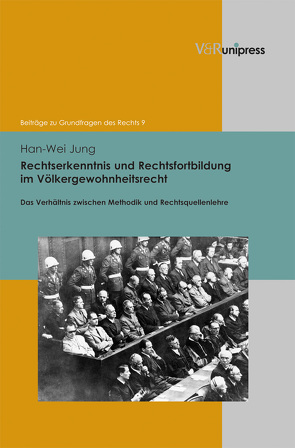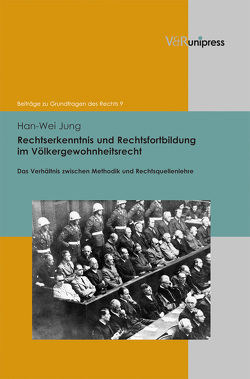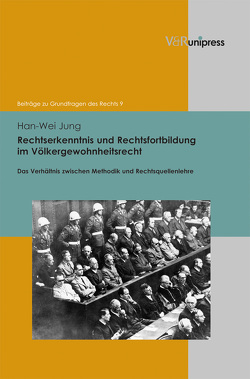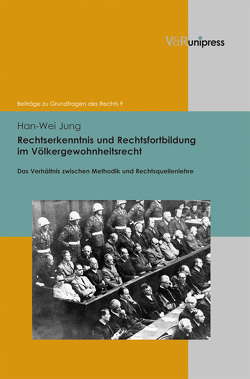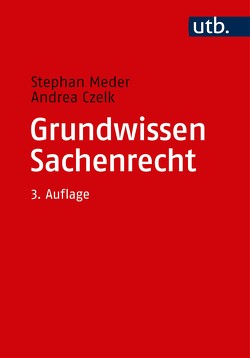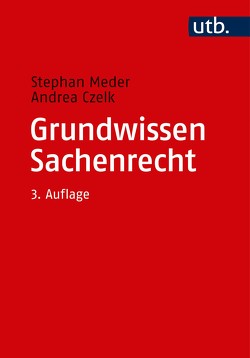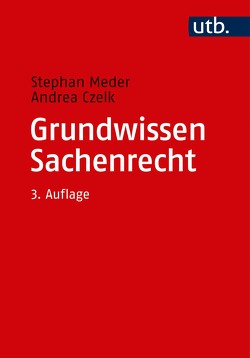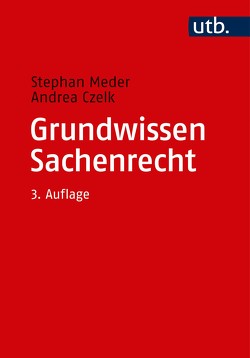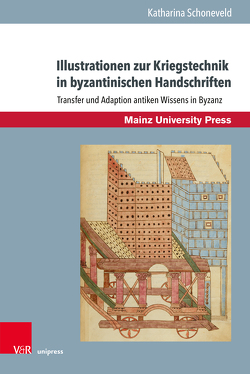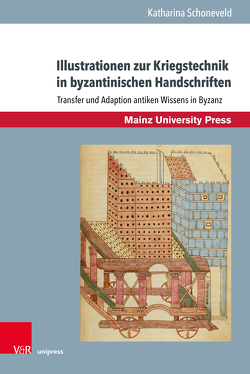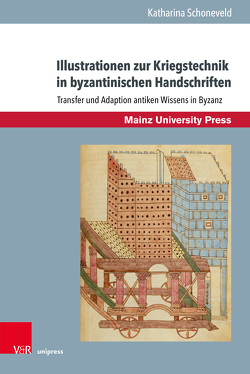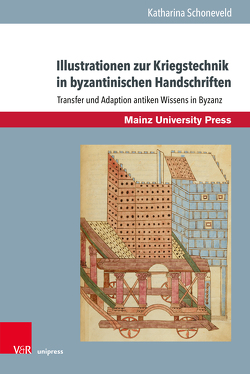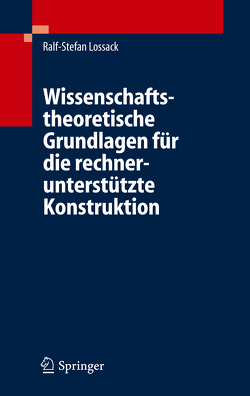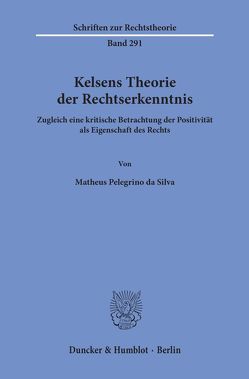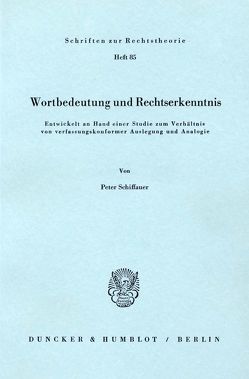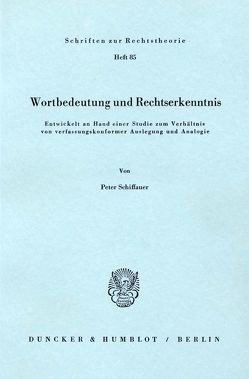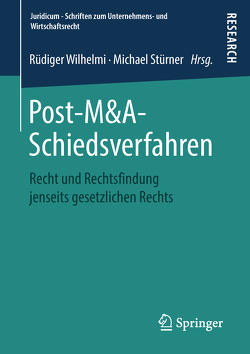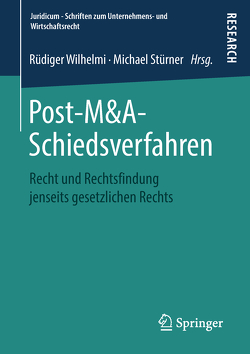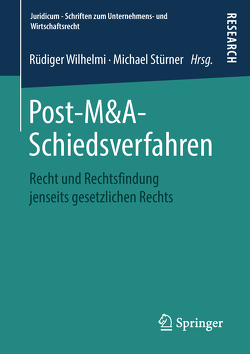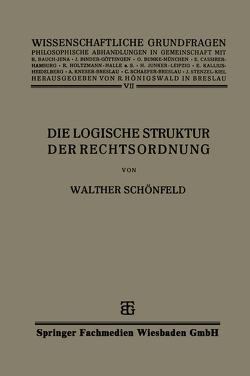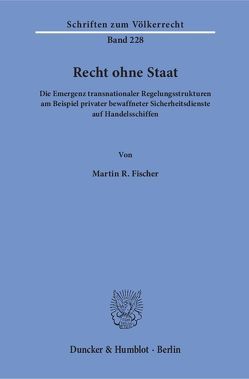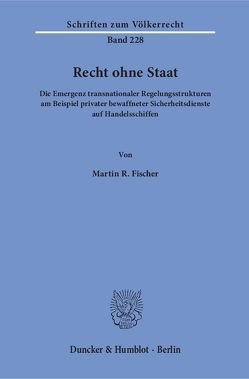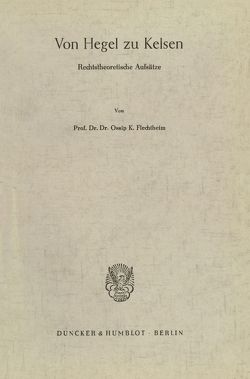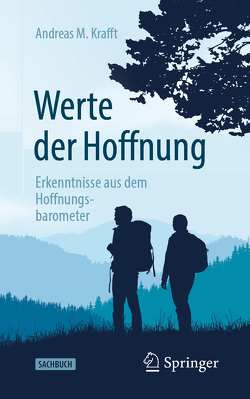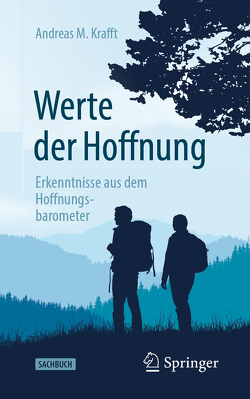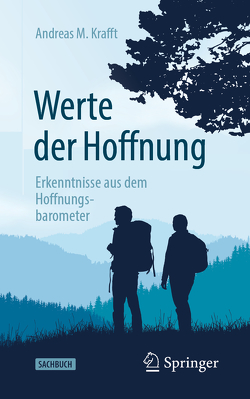Rechtserkenntnis und Rechtsfortbildung im Völkergewohnheitsrecht
Das Verhältnis zwischen Methodik und Rechtsquellenlehre
Han-Wei Jung, Stephan Meder
International law has developed dynamically since the Nuremberg Trials, bringing not only functional change with it, but also re-defining the understanding of the principle of consensus in the context of finding justice. The consideration of international law as a system of values is closely linked to the principle of finding justice through deductive reasoning, which is the endeavour to substantiate existing norms through syllogisms or deliberation. Practical applications can currently be found, for instance, in the law of armed conflict or immunity law, where dynamic justice benefits substantially from an increased awareness of human rights. Uncertainty exists, however, in terms of the requisite methodological standards, because the judicial methodological aspect of the principle of consensus was not the primary concern in finding a solution to the problem. The present volume is concerned with these central questions concerning the source of law, and on the basis of major decisions made in court practice explores the relation between legal methods and the source of law.
